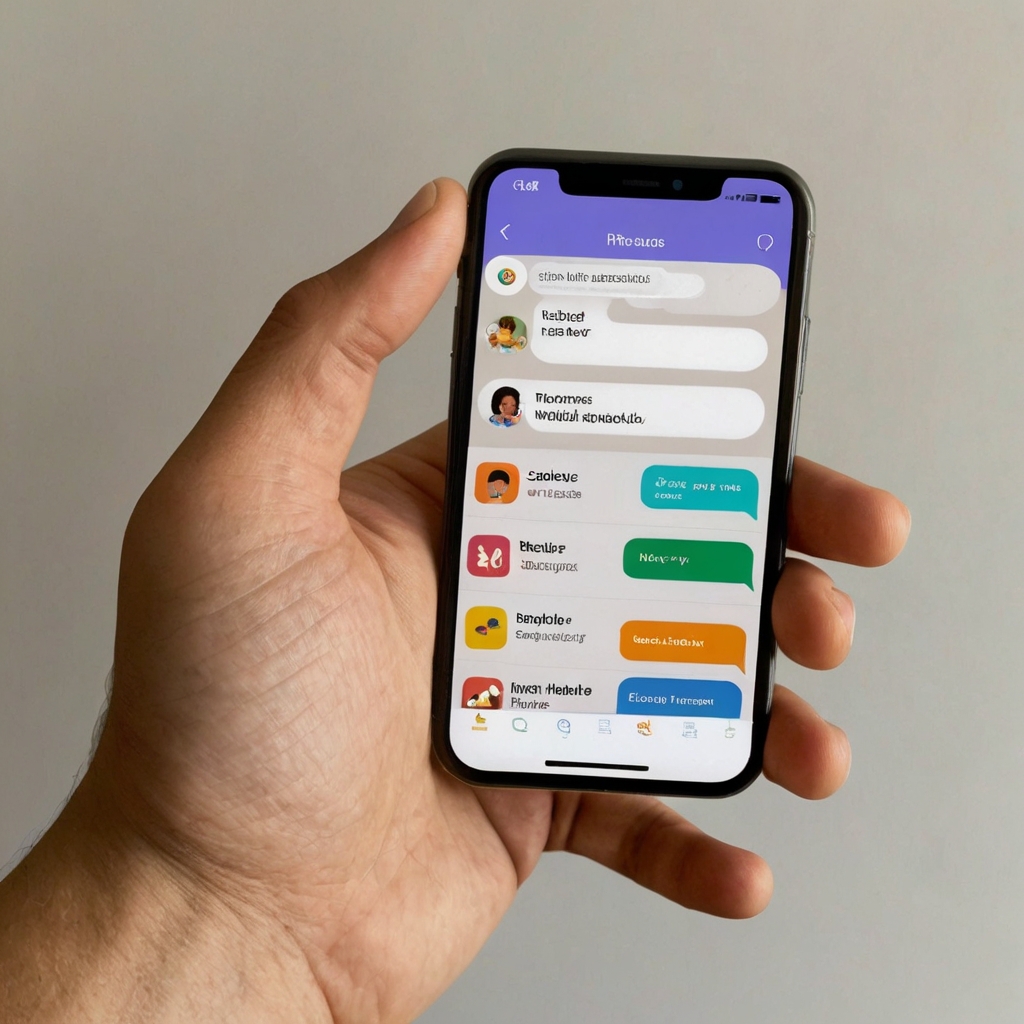Countries, VISAs, Opportunities for a Career Abroad
Work Opportunities
By Profession
IT
Engineering
Marketing and Sales
HR
Healthcare
Teachers
Accountants
Nursing
Hospitality
By Visa
UK Work Visa
UAE Work Visa
Australia Work Visa
Canada Work Visa
Germany Work Visa
Singapore Work Visa
Switzerland Work Visa
France Work Visa
Japan Work Visa
Hong Kong Work Visa
New Zealand Work Visa
H-1B Visa
UK Skilled Worker Visa
UK Tier Visa
Subclass 189 Visa
Subclass 190 Visa
Global Talent Visa
MATES Visa
By Employment Type
Full Time
Part Time
Permanent
Indepedent – 1099
Contract – W2
C2h Independent
The Career Abroad Work Permit Process
The Career Abroad Step-Flow Process for Settling in a Highly Livable Country:



Define Your Dreams
(1-3 Months)
Secure Your Entry
(3-6 Months)
Plan Your Finances
(2-4 Months)
Step 1.1: Identify your priorities for a career abroad (healthcare, education, culture, etc.).
Step 1.2: Research top contenders using livability reports (CEOWORLD, EIU, World Population Review)..
Step 1.3: Compare and contrast shortlisted countries based on your needs.
Step 2.1: Research visa options (work, student, investment, retirement).
Step 2.2: Gather required documents (passports, transcripts, financials, health insurance proof).
Step 2.3: Take an English language proficiency exam (IELTS, TOEFL, PTE) if required by your chosen country and enhance your prospects for a rewarding career abroad.
Step 3.1: Research the job market in your field and required qualifications.
Step 3.2: Create a financial plan considering cost of living, salary range, and transferring finances.
Step 3.3: Build a strong savings buffer to cover initial expenses and establish yourself.



Find Your Place
(1-3 Months)
Integrate and Thrive
(6-12 Months)
You are all set
(Ongoing)
Step 4.1: Research the housing market for rentals or property purchase options.
Step 4.2: Consider temporary accommodation while searching for your permanent residence.
Step 4.3: Factor in additional costs like utilities, transportation, and property taxes.
Step 5.1: Learn basic language skills to ease integration.
Step 5.2: Be open to cultural adjustment and embrace new customs and social norms.
Step 5.3: Build a support network by connecting with local communities or expat groups.
Step 6.1: Always remember to upgrade on your job skills.
Step 6.2: Continue to explore the . neighboring places to help you adjust better.
Step 6.3: Explore ways to save money by researching on local facilities and offers as this will prove handy in the long run.
A Few FAQs
In most cases, yes, you will need a Work Permit to legally work in a country that is not your own. A Work Permit is a document issued by a foreign government that authorizes you to hold a specific job with a specific employer for a certain period. It essentially gives you the permission to work within their borders.
That document is most likely a Work Permit! It’s like a special visa, but specifically for employment. Issued by a foreign government, a Work Permit grants you official permission to hold a particular job with a particular company in their country, usually for a set amount of time.
Here’s a breakdown of some common types:
Temporary Work Permit: This is the most common type, issued for a specific job with a specific employer for a limited duration. It’s ideal for short-term projects or assignments.
Open Work Permit: Offering more flexibility, this permit allows you to work for any employer in a particular field or industry within the country. It’s suited for skilled professionals seeking wider job opportunities.
Intra-Company Transfer Permit: Multinational companies often utilize this permit to transfer employees from a branch in one country to another for a set period.
Entrepreneur Work Permit: Geared towards individuals who want to establish or invest in a business within the country, this permit grants them the authorization to work in a management role within their own company.
Highly Skilled Worker Permit: Designed to attract talent in specific fields with high demand, this permit offers a faster track for skilled professionals to work and potentially gain residency.
Student Work Permit: For international students enrolled in specific programs, this permit allows them to work part-time or during breaks to gain practical experience or earn additional income.
